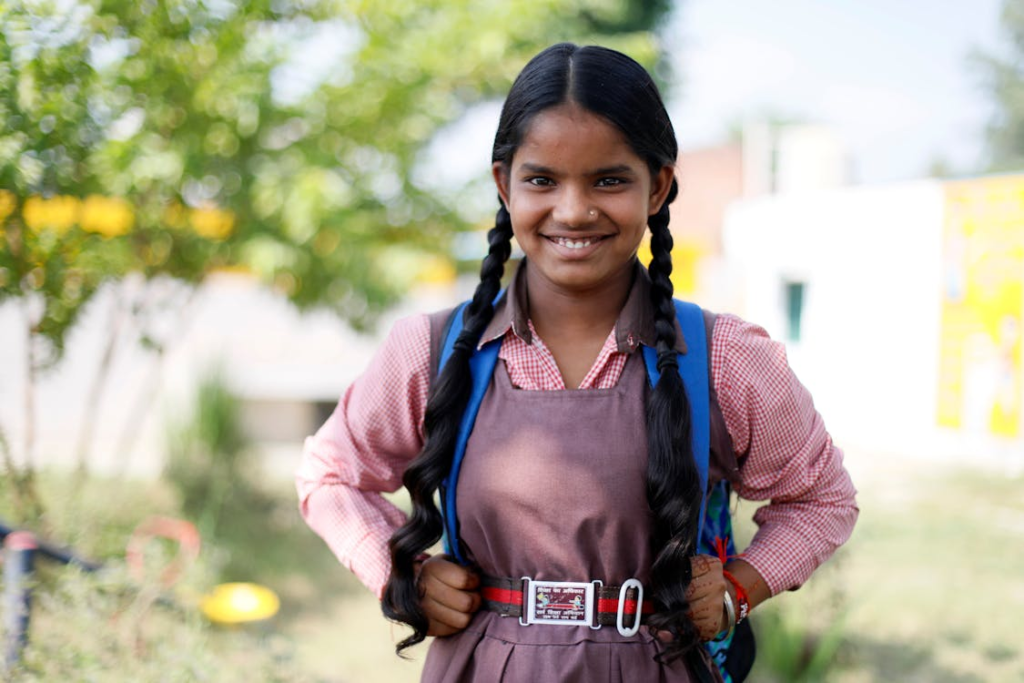Period poverty affects millions worldwide, denying individuals access to basic menstrual products and critical information about menstrual health. This pressing issue doesn’t just threaten physical well-being—it disrupts education, lowers self-esteem, and hinders opportunities for personal growth. However, communities like Elizabeth, Edison, and Toms River in New Jersey are demonstrating that collective action can address this challenge and promote menstrual equity effectively.
Let’s examine the role of community in combating period poverty.
Community Involvement: A Transformative Force
When communities come together, they have the power to make meaningful changes in people’s lives. In cities like Elizabeth, donation drives and educational campaigns are paving the way to combat period poverty. The Utpat Foundation is at the forefront of these efforts, organizing donation campaigns where residents can contribute essential menstrual products. These initiatives not only alleviate immediate needs but also mitigate long-term effects such as school absenteeism caused by a lack of menstrual supplies.
In Elizabeth, the Foundation’s menstrual hygiene awareness campaign has sparked crucial discussions about menstruation. These campaigns provide both tangible products and valuable education, normalizing menstruation and reducing the stigma often associated with periods. This ripple effect is felt in surrounding communities, including Edison, NJ, where these conversations are breaking the taboos and stigmas around periods and fostering understanding.
Meanwhile, in Toms River, NJ, focused donation drives and workshops have mobilized residents to support individuals in need. By encouraging locals to donate feminine products and participate in awareness programs, Toms River has become a hub of empowerment. This grassroots approach fosters solidarity, ensuring that no one has to face period poverty alone.

Why Menstrual Equity Matters
Period poverty represents more than just a lack of products—it reflects systemic barriers that perpetuate inequality. It forces individuals to make impossible choices between hygiene and other basic necessities. For many, the inability to afford menstrual products leads to missed school days, derailing their education and diminishing future opportunities.
Organizations like the Utpat Foundation address this issue holistically. By advocating for menstrual equity, they ensure individuals understand their rights to health and dignity. They go beyond providing sanitary napkins to also promote policy changes and galvanize communities to take action. Efforts to raise awareness about sanitary napkins and menstrual health in cities like Toms River and Elizabeth highlight the urgent need for continued advocacy and support.
Simple Actions, Significant Impact
You don’t need grand gestures to contribute to this cause. Small actions, such as donating menstrual products or volunteering for awareness campaigns, can make a lasting impact. Whether you want to donate feminine products in Edison NJ, or participate in a menstrual health awareness campaign in Elizabeth, your involvement matters.
Breaking down barriers to menstrual health creates stronger, more inclusive communities. Awareness grows through collective action, inspiring more people to join the movement. Together, we can help eliminate period poverty and ensure that no individual feels overlooked or unsupported.
Join the Movement
We are Nishka Utpat and Kaanchi Utpat, founders of the nonprofit charity Utpat Foundation. Our mission is to raise menstrual health awareness and support young people by providing access to essential products. The foundation organizes feminine hygiene product donations and works to reduce the stigma around periods through education.
Get in touch with us to support this important mission.

